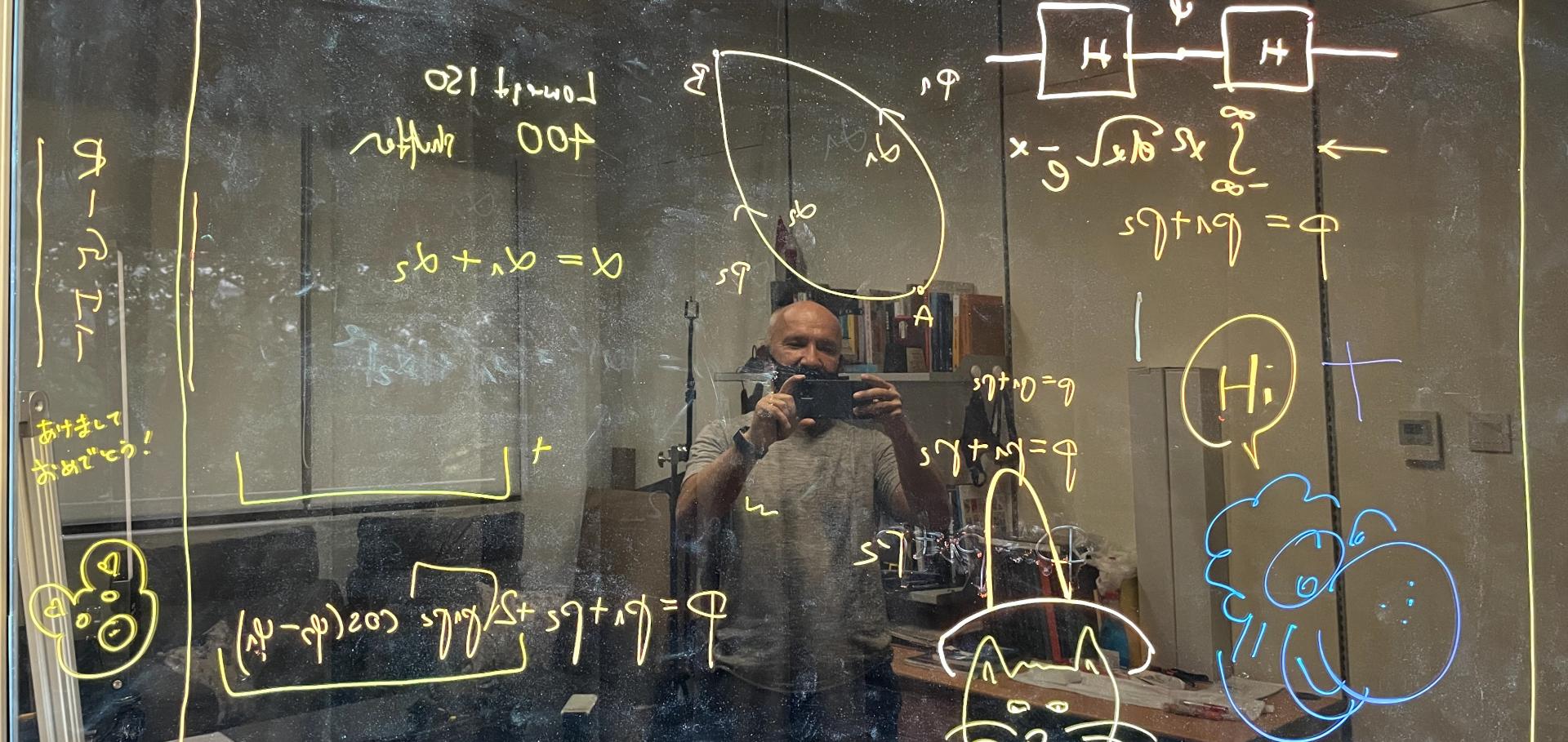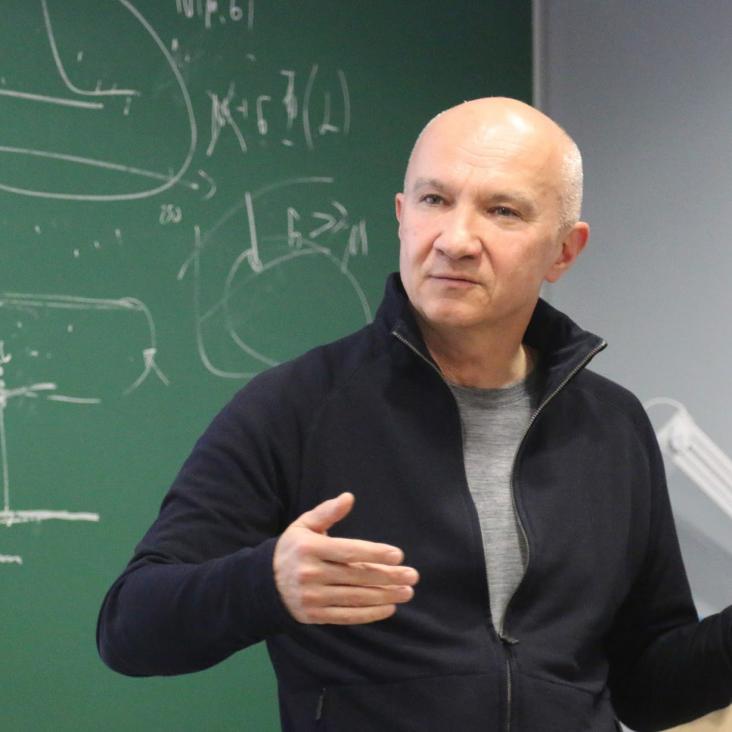Quantum interferometers as quantum computers
Physica Scripta T 76 (1998) 218-222
Abstract:
Quantum computers which use quantum interference of different computational paths to enhance correct outcomes and suppress erroneous outcomes of computations can be viewed as multiparticle interferometers. I discuss this approach to quantum computation and argue that it provides additional insights into the nature of quantum algorithms.Optimal universal quantum cloning and state estimation
Physical Review Letters 81:12 (1998) 2598-2601
Abstract:
We derive a tight upper bound for the fidelity of a universal N → M qubit cloner, valid for any M ≥ N, where the output of the cloner is required to be supported on the symmetric subspace. Our proof is based on the concatenation of two cloners and the connection between quantum cloning and quantum state estimation. We generalize the operation of a quantum cloner to mixed and/or entangled input qubits described by a density matrix supported on the symmetric subspace of the constituent qubits. We also extend the validity of optimal state estimation methods to inputs of this kind. © 1998 American Physical Society.Quantum algorithms: Entanglement-enhanced information processing
Philosophical Transactions of the Royal Society A: Mathematical, Physical and Engineering Sciences 356:1743 (1998) 1769-1782
Abstract:
We discuss the fundamental role of entanglement as the essential non-classical feature providing the computational speed-up in the known quantum algorithms. We review the construction of the Fourier transform on an Abelian group and the principles underlying the fast Fourier transform (FFT) algorithm. We describe the implementation of the FFT algorithm for the group of integers modulo 2n in the quantum context, showing how the group-theoretic formalism leads to the standard quantum network, and identify the property of entanglement that gives rise to the exponential speed-up (compared to the classical FFT). Finally, we outline the use of the Fourier transform in extracting periodicities, which underlies its utility in the known quantum algorithms.Quantum Algorithms: Entanglement Enhanced Information Processing
ArXiv quant-ph/9803072 (1998)
Abstract:
We discuss the fundamental role of entanglement as the essential nonclassical feature providing the computational speed-up in the known quantum algorithms. We review the construction of the Fourier transform on an Abelian group and the principles underlying the fast Fourier transform algorithm. We describe the implementation of the FFT algorithm for the group of integers modulo 2^n in the quantum context, showing how the group-theoretic formalism leads to the standard quantum network and identifying the property of entanglement that gives rise to the exponential speedup (compared to the classical FFT). Finally we outline the use of the Fourier transform in extracting periodicities, which underlies its utility in the known quantum algorithms.Quantum Algorithms: Entanglement Enhanced Information Processing
(1998)


